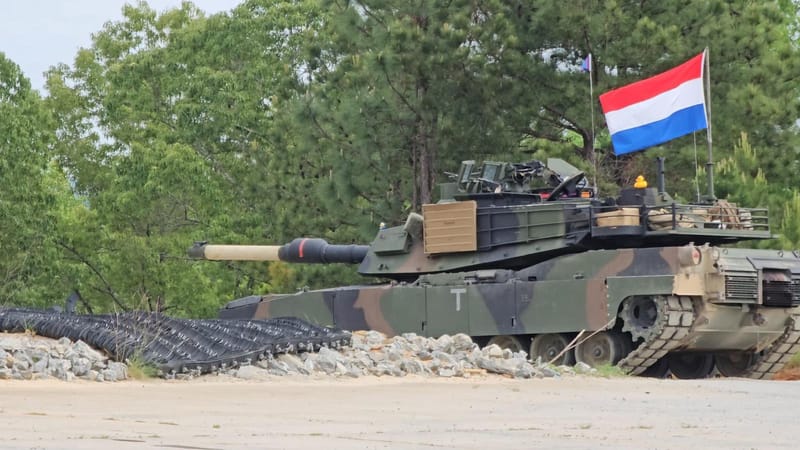Bundeswehr Tests Explosive Impact on Old Naval Vessels in the Baltic Sea
German Armed Forces' Technical Center for Ships and Naval Weapons, Maritime Technology, and Research (WTD 71) conducted controlled explosions on the decommissioned frigate Karlsruhe.


Großwald Curated: Key Takeaways
- Objective: Testing explosive effects on retired frigate Karlsruhe provides essential data for future shipbuilding, emphasizing crew safety improvements.
- Location & Date: The trials were conducted by the German Armed Forces' WTD 71 on October 22, 2024, in the restricted Schönhagen area of the Baltic Sea.
- Environmental Protection: Double bubble curtains and extensive acoustic monitoring were deployed to minimize ecological impact, in collaboration with Schleswig-Holstein's environmental authorities.
Testing Explosive Impact on Naval Vessels in the Baltic Sea: A Study on Frigate Karlsruhe
Introduction
The German Armed Forces' Technical Center for Ships and Naval Weapons, Maritime Technology, and Research (WTD 71) recently conducted controlled explosions on the decommissioned frigate Karlsruhe. The trials took place in the Baltic Sea's Schönhagen restricted area, marking a critical study for understanding explosive impacts on naval vessels. The data gathered will support the construction of safer, more resilient ships in the future.
Objectives and Methods
The primary aim of these tests was to observe the effects of explosive devices and sea mines on ship hulls. By understanding these impacts, engineers can design ships with enhanced safety features for crews. The retired Karlsruhewas fitted extensively with sensors and recording devices to capture structural deformations and measure stress points across its framework. Additionally, “crash test dummies” equipped with fine-tuned sensors gauged the effects on human physiology, providing realistic data on potential crew hazards.

Environmental Precautions
With ecological impact mitigation as a priority, WTD 71 employed comprehensive environmental protections. A double bubble curtain surrounded the vessel, significantly dampening pressure waves from the explosions, thereby reducing disturbance to the surrounding marine environment. Acoustic and optical monitoring, along with displacement measures for local fauna, were also in place. These efforts were coordinated with Schleswig-Holstein’s Environmental Ministry and the German Nature Conservation Association (BfN).
Timeline and Future Operations
The Karlsruhe has been scheduled for two staged explosive trials, each varying in intensity, with completion targeted by early November 2024. Beyond these initial tests, annual controlled detonations are anticipated until 2028, each adding new insights to enhance ship survivability standards.
Implications for Future Naval Design
This initiative underscores a commitment to evolving maritime safety standards. The findings are expected to shape future German naval shipbuilding, informing design improvements that better protect personnel in potential conflict scenarios. Integrating insights from Karlsruhe’s tests, the Bundeswehr aims to fortify defense capabilities with technically advanced, resilient vessels.
Sources: Bundeswehr




